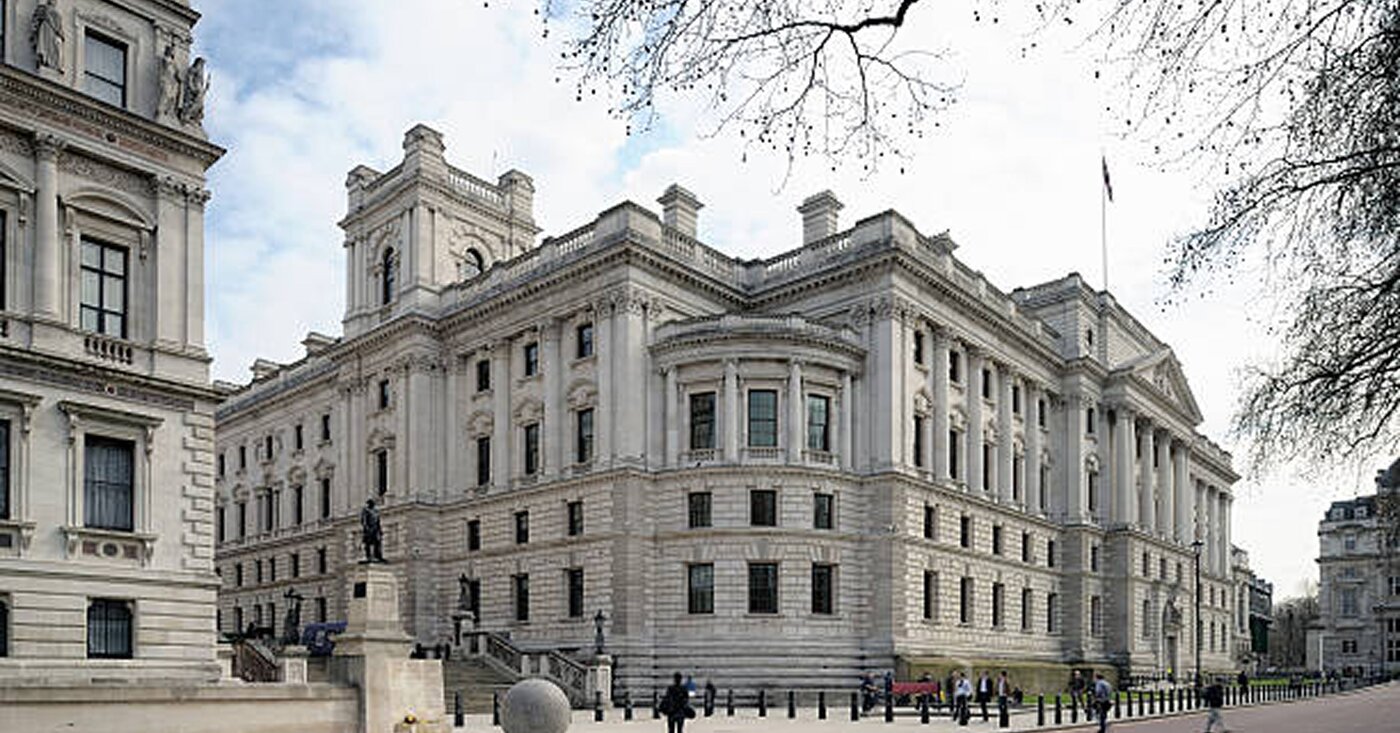HM Revenue and Customs (HMRC) has issued an urgent appeal to young adults across the UK to check whether they have unclaimed Child Trust Funds (CTFs). According to government figures, around 758,000 people aged 18 to 23 have not yet accessed accounts that could hold an average of £2,240 each.
CTFs were created to give every child born between September 2002 and January 2011 a financial head start, with an initial deposit of at least £250 from the government. Yet thousands remain untouched, often because young people or their families have forgotten about the accounts or lost track of them.
What Are Child Trust Funds?
Introduced in 2005 under Tony Blair’s Labour government, CTFs were designed as long-term, tax-free savings accounts for children. Each eligible child received £250 from the government, with children in low-income households or local authority care receiving an additional £250.
Parents and guardians could contribute up to £9,000 annually, helping the funds grow into substantial sums by the time the child turned 18. Although the scheme was scrapped in 2011 and replaced by junior ISAs, the accounts remain active and available to claim.
Who Can Claim the Funds?
Young adults can take control of their CTFs from the age of 16, although withdrawals are only permitted once they turn 18. HMRC’s latest appeal is aimed at those aged 18 to 23 who may be unaware they have savings waiting to be claimed.
Angela MacDonald, HMRC’s deputy chief executive, said:
“If you’re between 18 and 23, you could be sat on a savings payout and not even realise it. Just search ‘find my Child Trust Fund’ on GOV.UK to find your savings account today.”
How Much Could Be Waiting?
On average, unclaimed CTFs are worth £2,240, although the exact amount depends on contributions and growth over the years. Some accounts are likely worth much more due to investment returns and additional family deposits.
For young people facing high living costs, education expenses, or early career challenges, the funds represent a valuable financial cushion at a critical stage of life.
How to Locate Your Account
HMRC advises young adults to use the free official service on GOV.UK by searching “find your Child Trust Fund.” Another free tool is available from the Share Foundation, which requires only a few basic details.
The government strongly warns against using third-party firms that charge for the service. Some companies demand as much as £350, or even 25% of the account’s value, simply to trace funds that can be located for free.
What Can You Do With the Money?
Once accessed, CTFs can either be withdrawn or transferred into an adult ISA. Charlene Young, a pensions and savings expert at AJ Bell, explained that moving funds to an ISA allows young adults to continue saving tax-free. Importantly, transfers from CTFs to adult ISAs do not count towards the annual £20,000 ISA allowance.
This flexibility means young adults can choose to cash out for immediate needs, or reinvest for long-term savings.
Expert Reactions
Shelley Doorey-Williams, CEO of the London Foundation for Banking and Finance, welcomed HMRC’s push:
“With an estimated average of £2,242 waiting in unclaimed accounts, this is real money at a crucial time, that can help young people right at the start of their financial lives.”
Industry experts also highlight that leaving money unclaimed may mean it sits in accounts with high charges, reducing its value over time.
HMRC’s call to action highlights a major issue: nearly 800,000 young adults risk missing out on savings designed to give them a financial head start. With an average of over £2,200 per account, the money could provide a vital boost for education, housing, or long-term investment.
By using GOV.UK’s free service, claimants can safely trace and unlock their funds without paying third-party fees. As the government continues efforts to reunite people with forgotten savings, experts urge young adults to act quickly and make informed decisions about how best to use their windfall.
For those moving into work or self-employment, tools like Pie the UK’s first personal tax app make it easier to manage income, track tax in real time, and stay on top of financial planning alongside these savings.











